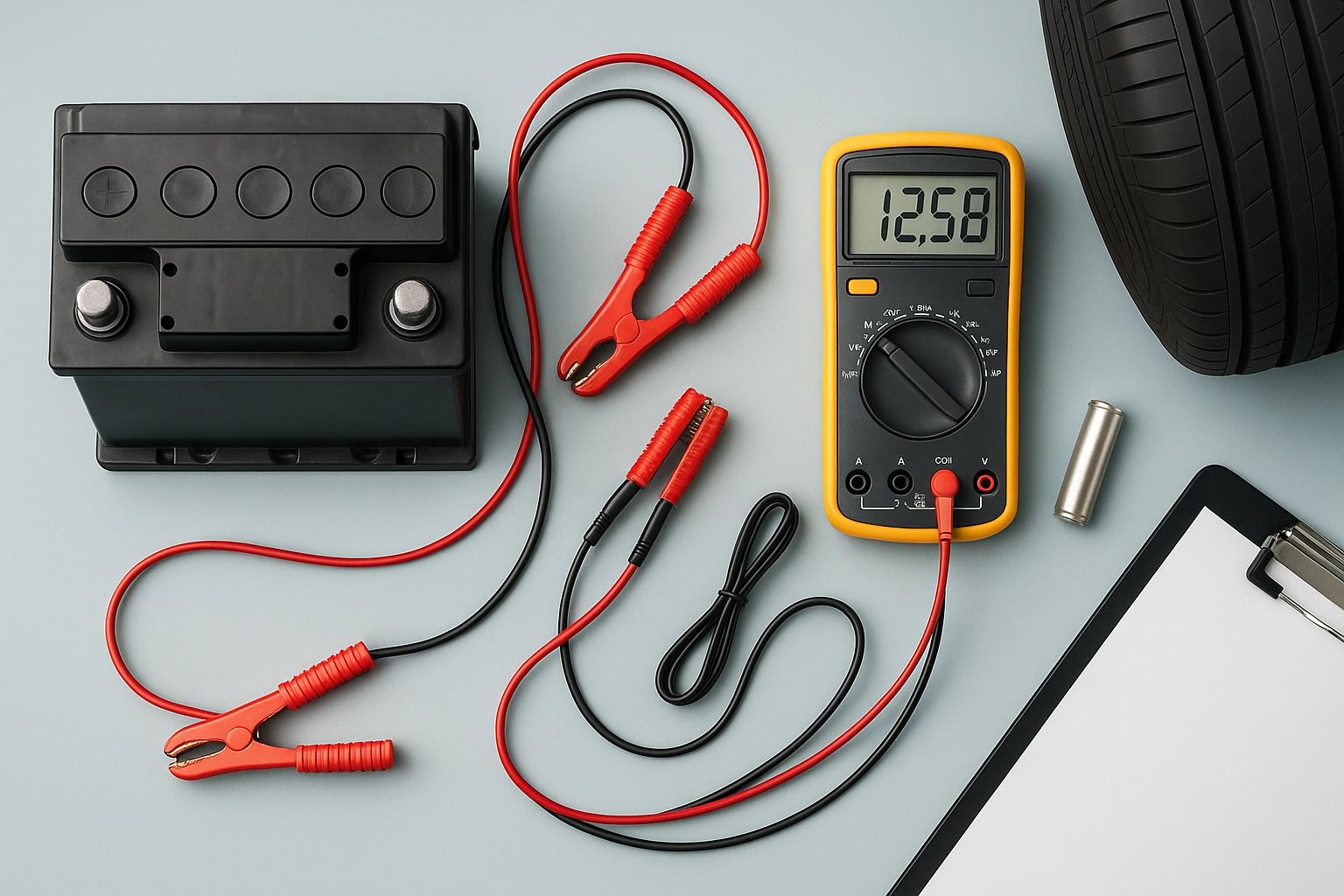ISO 23274 Hybrid Battery Fuel Economy Impact Test
The ISO 23274 Hybrid Battery Fuel Economy Impact Test is a critical procedure designed to evaluate the impact of hybrid batteries on fuel economy. This test is particularly relevant for automotive manufacturers and suppliers who are developing new electric and hybrid vehicles (EVs and HEVs). The test aims to ensure that the integration of advanced battery technologies does not adversely affect vehicle fuel efficiency.
The standard outlines a series of procedures to assess how changes in battery design, chemistry, or configuration impact overall vehicle performance. It focuses on the electrical system's role in the hybrid vehicle's operation and measures its contribution to reducing fuel consumption through regenerative braking and other energy recovery mechanisms.
Hybrid vehicles combine internal combustion engines with electric motors powered by batteries. The efficiency of these systems can be significantly influenced by battery characteristics such as capacity, discharge rate, and state-of-charge (SOC) management. Therefore, testing the impact of hybrid batteries on fuel economy is essential for optimizing vehicle performance.
The ISO 23274 test involves simulating real-world driving conditions that stress the electrical system, particularly during regenerative braking and acceleration phases where the battery plays a crucial role in energy recovery and consumption. This ensures that any modifications to the battery do not compromise fuel efficiency gains associated with hybrid technology.
The methodology typically includes:
- Defining the test conditions based on real-world driving cycles (e.g., US06, EU01).
- Sustaining the vehicle under various operating conditions to observe battery behavior and fuel consumption.
- Recording data from onboard sensors measuring parameters like battery voltage, current, and SOC levels.
The test results provide critical insights into how hybrid batteries influence overall vehicle performance. Compliance with ISO 23274 ensures that vehicles meet stringent fuel economy targets set by regulatory bodies worldwide, thereby enhancing environmental sustainability goals.
| Applied Standards | Description |
|---|---|
| ISO 23274:2015(E) | International standard for hybrid battery fuel economy impact testing. |
The test procedure is complex and requires precise instrumentation to ensure accurate results. Compliance with ISO 23274 helps manufacturers meet increasingly stringent emissions regulations, which are vital for both regulatory compliance and market competitiveness in the automotive industry.
Why It Matters
The importance of the ISO 23274 Hybrid Battery Fuel Economy Impact Test cannot be overstated. As governments around the world enforce stricter emissions regulations, automakers must innovate to meet these demands without sacrificing vehicle performance or consumer satisfaction. This test plays a pivotal role in this process by providing data that informs design decisions and ensures that hybrid vehicles continue to offer significant fuel economy benefits.
For quality managers and compliance officers, adherence to ISO 23274 is crucial for ensuring product integrity. The test helps identify potential issues early in the development cycle, reducing costs associated with post-market recalls or non-compliance penalties. By addressing these concerns proactively, organizations can enhance their reputation and maintain market leadership.
R&D engineers benefit greatly from ISO 23274 as it guides them in optimizing battery performance within hybrid vehicle systems. By understanding how different factors influence fuel economy, they can innovate more effectively, leading to better-performing vehicles that meet both environmental and consumer expectations.
From a procurement perspective, the test ensures that suppliers deliver components that align with broader company objectives. It fosters collaboration between internal teams and external vendors, ensuring that all parties are working towards common goals.
Applied Standards
| Standard | Description |
|---|---|
| ISO 23274:2015(E) | International standard for hybrid battery fuel economy impact testing. |
The ISO 23274 Hybrid Battery Fuel Economy Impact Test is designed to be consistent with other international standards, ensuring that results are comparable across different markets and regions. This consistency facilitates global trade and collaboration among industry stakeholders.
The test also aligns closely with other relevant automotive standards such as:
- ISO 2631:2012(E) - Vibration, shock and noise in relation to human response.
- ASTM F3113-19 - Standard specification for hybrid electric vehicle battery pack test methods.
By adhering to these standards, manufacturers can ensure that their vehicles meet not only local but also international regulatory requirements, broadening market access and fostering innovation across industries.
Competitive Advantage and Market Impact
- Innovation Leadership: Compliance with ISO 23274 demonstrates a commitment to staying at the forefront of automotive technology, giving companies an edge over competitors.
- Regulatory Assurance: Meeting fuel economy targets enhances compliance and reduces potential legal risks associated with non-compliance penalties.
The ISO 23274 Hybrid Battery Fuel Economy Impact Test is a strategic tool for automotive manufacturers. It enables them to:
- Evaluate the impact of new battery technologies on overall vehicle performance.
- Identify and rectify design flaws early in development cycles, minimizing costs and delays.
- Enhance brand reputation by delivering environmentally friendly products that meet high standards.
The test also has broader implications for the industry. By encouraging continuous improvement in hybrid vehicle technology, it contributes to reduced carbon emissions and promotes sustainable transportation solutions.





